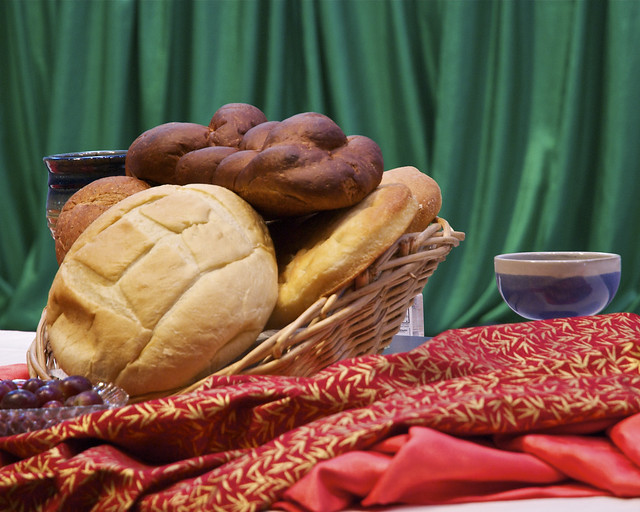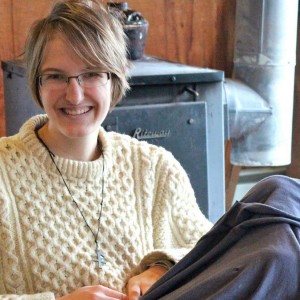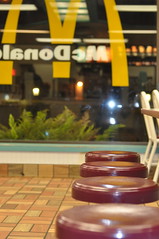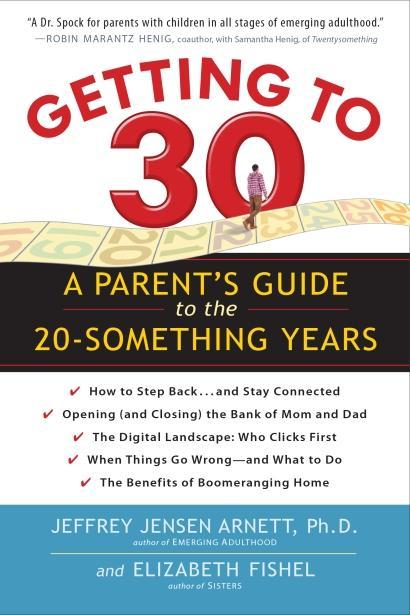(This is part of a series written by Millennials who have either left or stuck with the church. If you are a Millennial and would like to submit your work for publication, you will earn $100. Here is the link. To read more stories by Millennials search Millennial Exodus. If you would like to fund our research among emerging adults, click here.)
Here is Kristin’s Story entitled, “I could leave.”
Why dig beneath the shallow surface of my mind when I know I will be looked at and treated differently due to my past and present struggles?
Why choose to put a label on myself when I know I will be thrown into the same category of hypocritical Christians to anyone that asks about my religious affiliation?
 Why be a part of an institution that has strayed so far from its original intent due to power struggle and misguided missions of its leaders?
Why be a part of an institution that has strayed so far from its original intent due to power struggle and misguided missions of its leaders?
Why surround myself with people every Sunday when I know many will stab my back by Monday?
Why do I put myself through it? I could have left the church years ago. No one is making me stay. In fact, looking at my peers it seems like that is the easier way to go.
But instead I pour myself out, lay myself down, and open up my soul to this so-called “church.” I could leave. Why stay?
Jesus.
You may call this a Sunday school answer, but its not Sunday school I’m after.
I’m after Jesus’ own heart. If he wasn’t still in the church I would be long gone. The one who knows my future, my present, and my past. The God whose very name covers me with a blanket of forgiveness and love. The authentic, organic fire within my soul.
I could choose to leave the church. In fact, it would cause me less pain if I abandoned these modern-day Pharisees for good. The people who make up the church are sick with sin. No one can be trusted. But I will continue to be vulnerable through it all with the people who are just as broken as me searching for the Ultimate Truth. In the midst of all this brokenness, one fact remains:
Jesus is still there and He isn’t going anywhere.
So I’m not either.
 Kristin Allen is a 22 year old from central Illinois serving as a Director of Christian Education in Escanaba, Michigan to complete her degree from Concordia University Chicago. She is happily engaged to her high school sweetheart. If it involves family, music, volleyball, or pizza – count her in.
Kristin Allen is a 22 year old from central Illinois serving as a Director of Christian Education in Escanaba, Michigan to complete her degree from Concordia University Chicago. She is happily engaged to her high school sweetheart. If it involves family, music, volleyball, or pizza – count her in.









 He had asked his son to refrain from tattoos until he was twenty-one. The father’s reasoning included the under-developed brain of emerging adults,
He had asked his son to refrain from tattoos until he was twenty-one. The father’s reasoning included the under-developed brain of emerging adults,  Another day in the life of a
Another day in the life of a 
 Mark Whitt writes about why the Collegiate Day of Prayer matters to your college ministry. He is the Collegiate and Young Adult Specialist at LifeWay Christian Resources. Before joining LifeWay, he spent many years on the campus of Murray State University as a campus minister.
Mark Whitt writes about why the Collegiate Day of Prayer matters to your college ministry. He is the Collegiate and Young Adult Specialist at LifeWay Christian Resources. Before joining LifeWay, he spent many years on the campus of Murray State University as a campus minister. So it happened. You thought you’d be on your own by now, but you’re not. Whether you’re trying to land a steady job, get out of debt, or finish college on the eight-year plan, if you’re living with your parents as a 20-something, you’re not alone. More than a third of 18 to 31 year olds are living with their parents, according to the Current Population Survey.
So it happened. You thought you’d be on your own by now, but you’re not. Whether you’re trying to land a steady job, get out of debt, or finish college on the eight-year plan, if you’re living with your parents as a 20-something, you’re not alone. More than a third of 18 to 31 year olds are living with their parents, according to the Current Population Survey. 

 Getting to 30 by Jeffrey Arnett and Elizabeth Fishel is an excellent read on a parent’s changing roles during the emerging adult years. The book does a great job of balancing research, stories, and practical suggestions for parents of emerging adults.
Getting to 30 by Jeffrey Arnett and Elizabeth Fishel is an excellent read on a parent’s changing roles during the emerging adult years. The book does a great job of balancing research, stories, and practical suggestions for parents of emerging adults.




